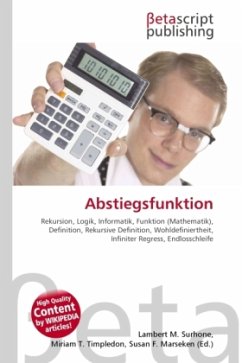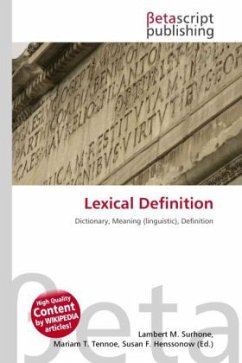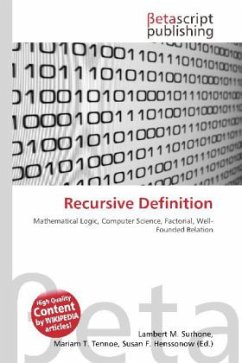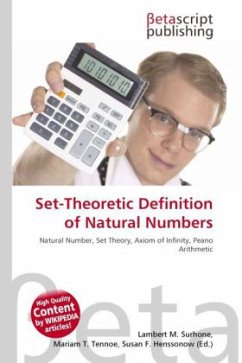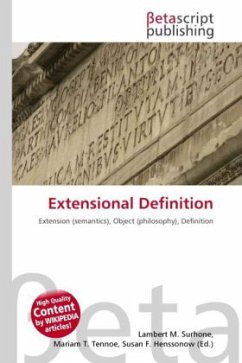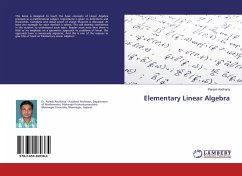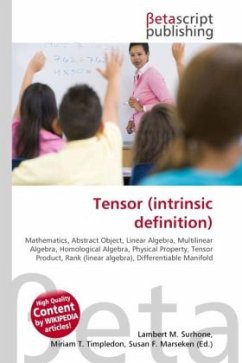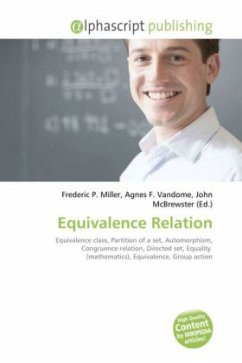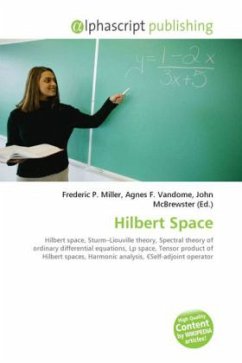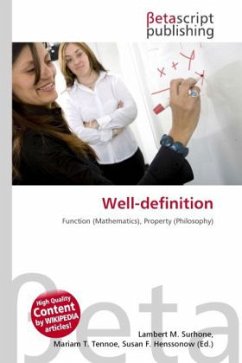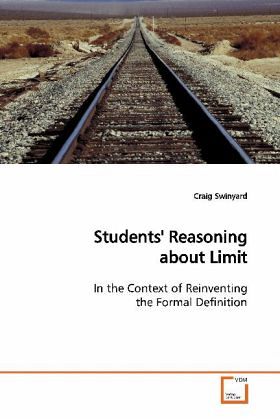
Students' Reasoning about Limit
In the Context of Reinventing the Formal Definition
Versandkostenfrei!
Versandfertig in 6-10 Tagen
52,99 €
inkl. MwSt.

PAYBACK Punkte
26 °P sammeln!
Limit plays a vital role as a foundational concept inanalysis. The vast majority of topics encountered incalculus and undergraduate analysis are built uponunderstanding the concept of limit and being able towork flexibly with its formal definition. This bookdescribes a study conducted with the purpose of: 1)Developing insight into students reasoning aboutlimit in relation to their reinventing the formaldefinition, and; 2) Informing the design ofprincipled instruction that might support students attempts to reinvent the formal definition. Inseparate teaching experiments, two pairs of studentssu...
Limit plays a vital role as a foundational concept in
analysis. The vast majority of topics encountered in
calculus and undergraduate analysis are built upon
understanding the concept of limit and being able to
work flexibly with its formal definition. This book
describes a study conducted with the purpose of: 1)
Developing insight into students reasoning about
limit in relation to their reinventing the formal
definition, and; 2) Informing the design of
principled instruction that might support students
attempts to reinvent the formal definition. In
separate teaching experiments, two pairs of students
successfully reinvented a definition of limit
capturing the intended meaning of the conventional - definition. This book traces the evolution of the
students definitions over the course of two ten-week
teaching experiments, and highlights thematic
findings which point to what might be entailed in
coming to reason flexibly and coherently about limit
and its formal definition. This book should be
especially useful for mathematics educators at the
secondary and tertiary levels, particularly those who
teach calculus and introductory analysis.
analysis. The vast majority of topics encountered in
calculus and undergraduate analysis are built upon
understanding the concept of limit and being able to
work flexibly with its formal definition. This book
describes a study conducted with the purpose of: 1)
Developing insight into students reasoning about
limit in relation to their reinventing the formal
definition, and; 2) Informing the design of
principled instruction that might support students
attempts to reinvent the formal definition. In
separate teaching experiments, two pairs of students
successfully reinvented a definition of limit
capturing the intended meaning of the conventional - definition. This book traces the evolution of the
students definitions over the course of two ten-week
teaching experiments, and highlights thematic
findings which point to what might be entailed in
coming to reason flexibly and coherently about limit
and its formal definition. This book should be
especially useful for mathematics educators at the
secondary and tertiary levels, particularly those who
teach calculus and introductory analysis.



